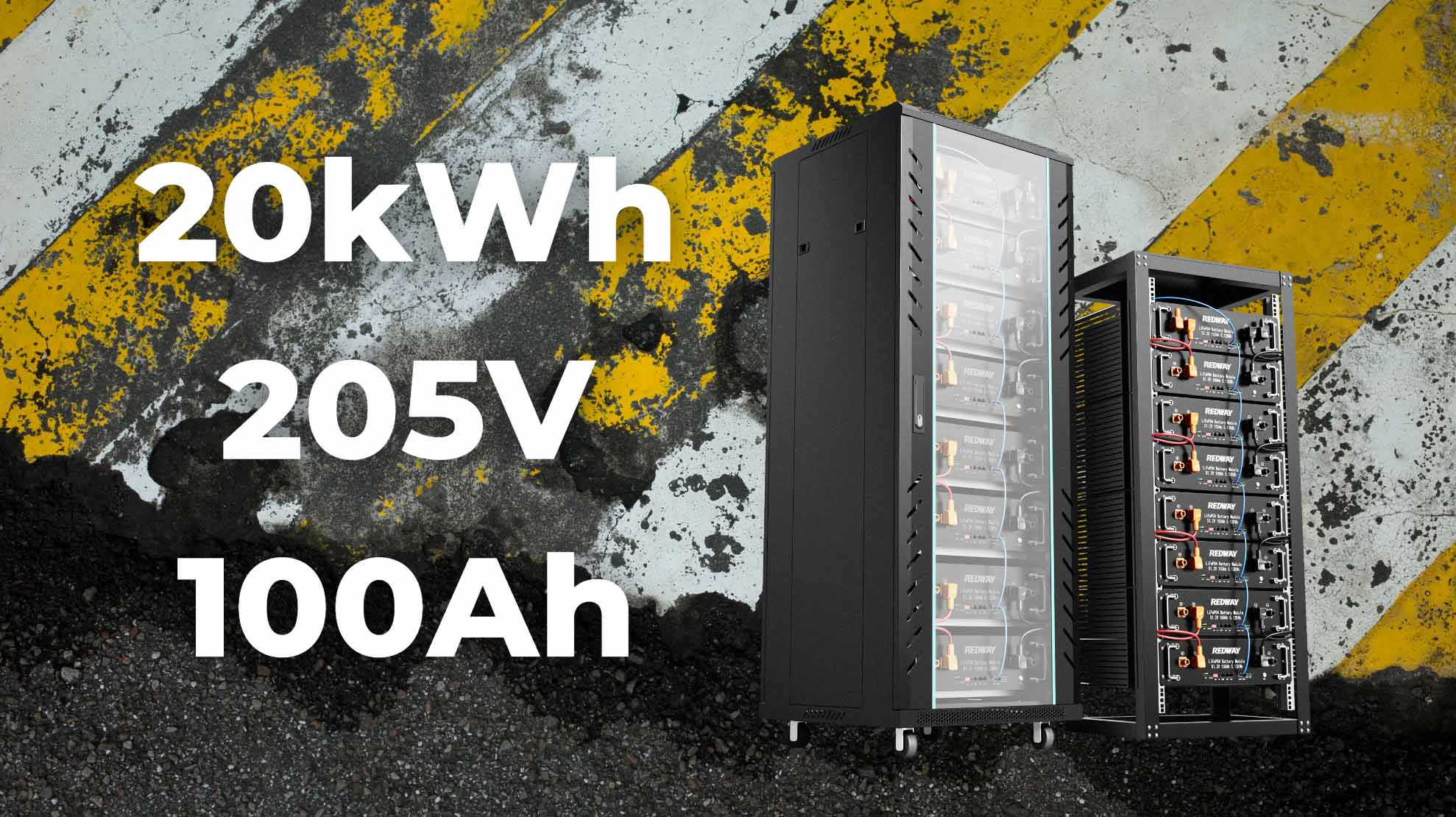The 20KWh LiFePO4 lithium battery offers a compelling solution for energy storage, particularly for hotel managers looking to reduce energy costs and improve sustainability. Understanding its cost-benefit dynamics is essential for making informed investment decisions.
What are the key features of the 20KWh LiFePO4 lithium battery?
The 20KWh LiFePO4 lithium battery is known for its high energy density, long cycle life, and enhanced safety features compared to traditional lead-acid batteries. It typically offers a cycle life exceeding 2000 cycles, operates at a nominal voltage of 205VDC, and has a capacity of 100Ah. These characteristics make it an ideal choice for commercial applications, including hotels.Chart: Key Features of the 20KWh LiFePO4 Battery
| Feature | Specification |
|---|---|
| Capacity | 20 KWh |
| Voltage | 205 VDC |
| Cycle Life | Up to 2000 cycles |
| Chemistry | Lithium Iron Phosphate (LiFePO4) |
| Weight | Approximately 100 kg |
How does the cost of a 20KWh LiFePO4 battery compare to other battery types?
The cost of a 20KWh LiFePO4 battery typically ranges from $5,000 to $10,000, depending on the manufacturer and specific features. Compared to lead-acid batteries, which may cost around $3,000 to $5,000 for similar capacity, LiFePO4 batteries present higher initial costs but offer better long-term value due to their longevity and efficiency.Chart: Cost Comparison of Battery Types
| Battery Type | Estimated Cost (20KWh) | Cycle Life |
|---|---|---|
| Lithium Iron Phosphate | $5,000 – $10,000 | Up to 2000 cycles |
| Lead Acid | $3,000 – $5,000 | 300 – 500 cycles |
What are the advantages of using LiFePO4 batteries in hotels?
LiFePO4 batteries provide several advantages for hotel operations:
- Safety: They have a lower risk of thermal runaway compared to other lithium-ion batteries.
- Long Cycle Life: Their longevity reduces replacement frequency and overall costs.
- Efficiency: Higher charging efficiency translates into lower energy costs.
- Environmental Impact: They are more environmentally friendly than lead-acid batteries.
What are the potential drawbacks of LiFePO4 batteries?
Despite their benefits, there are some drawbacks to consider:
- Higher Initial Cost: The upfront investment is greater than that of traditional lead-acid options.
- Lower Energy Density: While safe, they have slightly lower energy density compared to some other lithium chemistries.
- Temperature Sensitivity: Performance can be affected by extreme temperatures.
How can hotel managers calculate the return on investment for these batteries?
To calculate ROI, hotel managers should consider:
- Initial Costs: Total purchase and installation expenses.
- Energy Savings: Estimate savings from reduced energy bills over time.
- Longevity: Factor in the lifespan of the battery compared to alternatives.
- Incentives: Include any available government rebates or incentives that can offset costs.
Using these factors, managers can create a financial model projecting savings over time versus initial investments.Chart: ROI Calculation Factors
| Factor | Description |
|---|---|
| Initial Investment | Total cost including installation |
| Annual Savings | Estimated yearly reduction in energy costs |
| Lifespan | Expected number of years before replacement |
| Incentives | Financial support from government programs |
What factors should be considered when purchasing a lithium battery for commercial use?
When purchasing lithium batteries for commercial use, consider:
- Capacity Requirements: Ensure the battery meets your energy needs.
- Compatibility: Check compatibility with existing systems.
- Warranty and Support: Look for manufacturers offering solid warranties and customer support.
- Installation Costs: Factor in any additional installation expenses.
How can hotel managers apply for incentives or rebates for battery installation?
Hotel managers can apply for incentives by researching local government programs that support renewable energy projects. This often involves:
- Completing an application detailing the project scope.
- Providing documentation on expected energy savings.
- Submitting proof of purchase once the installation is complete.
It’s advisable to consult with local energy offices or utility companies to identify available programs.
Buy Wholesale Battery Tips
When considering wholesale purchases of lithium-ion batteries or OEM orders, partnering with a reputable manufacturer like Redway Battery is essential. Their extensive experience ensures high-quality products that comply with international standards. The typical process includes:
- Submitting an inquiry detailing your requirements.
- Collaborating with engineers to finalize specifications.
- Approving samples before mass production.
- Receiving timely shipments upon order confirmation.
Choosing a trusted manufacturer guarantees reliable products that enhance your business offerings.
Industrial News
Recent developments indicate that demand for lithium-ion batteries continues to rise as businesses seek sustainable energy solutions amid increasing electricity costs. Governments are enhancing support programs aimed at promoting renewable energy storage technologies, further driving interest in advanced battery systems like LiFePO4.
Redway Expert Views
“Investing in high-quality lithium-ion batteries is crucial for businesses looking to enhance their sustainability efforts,” states an expert from Redway Power. “With proper planning and understanding of available incentives, organizations can significantly reduce their operational costs while contributing positively to environmental goals.”
FAQ Section
- What is a LiFePO4 battery?
A Lithium Iron Phosphate (LiFePO4) battery is a type of lithium-ion battery known for its safety, long cycle life, and stable performance. - How long do LiFePO4 batteries last?
LiFePO4 batteries typically last up to 2000 cycles or more, depending on usage conditions and maintenance. - What are common applications for LiFePO4 batteries?
They are commonly used in electric vehicles, solar energy systems, and backup power supplies due to their reliability and safety features. - Can I replace my lead-acid battery with a LiFePO4 battery?
Yes, you can replace lead-acid batteries with LiFePO4 ones; however, ensure your charging system is compatible with lithium technology. - Are there any incentives available for installing these batteries?
Yes, various government programs offer financial incentives or rebates for installing renewable energy systems, including lithium-ion batteries.



